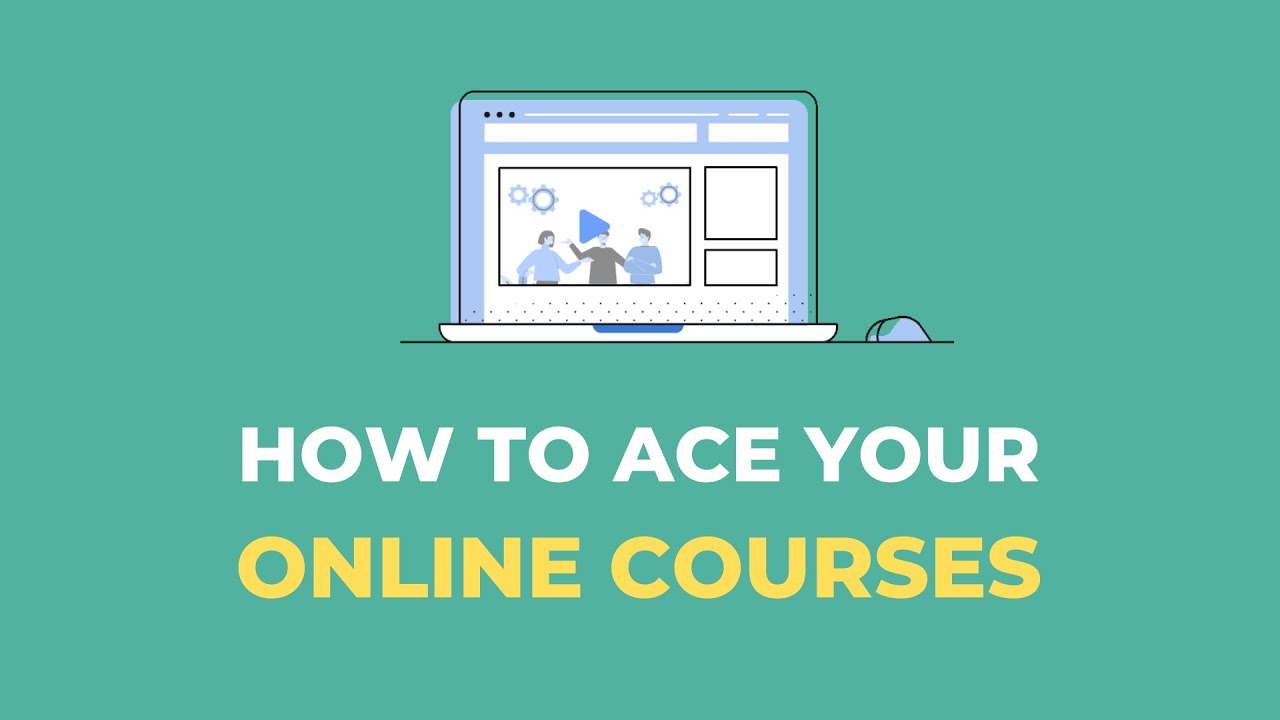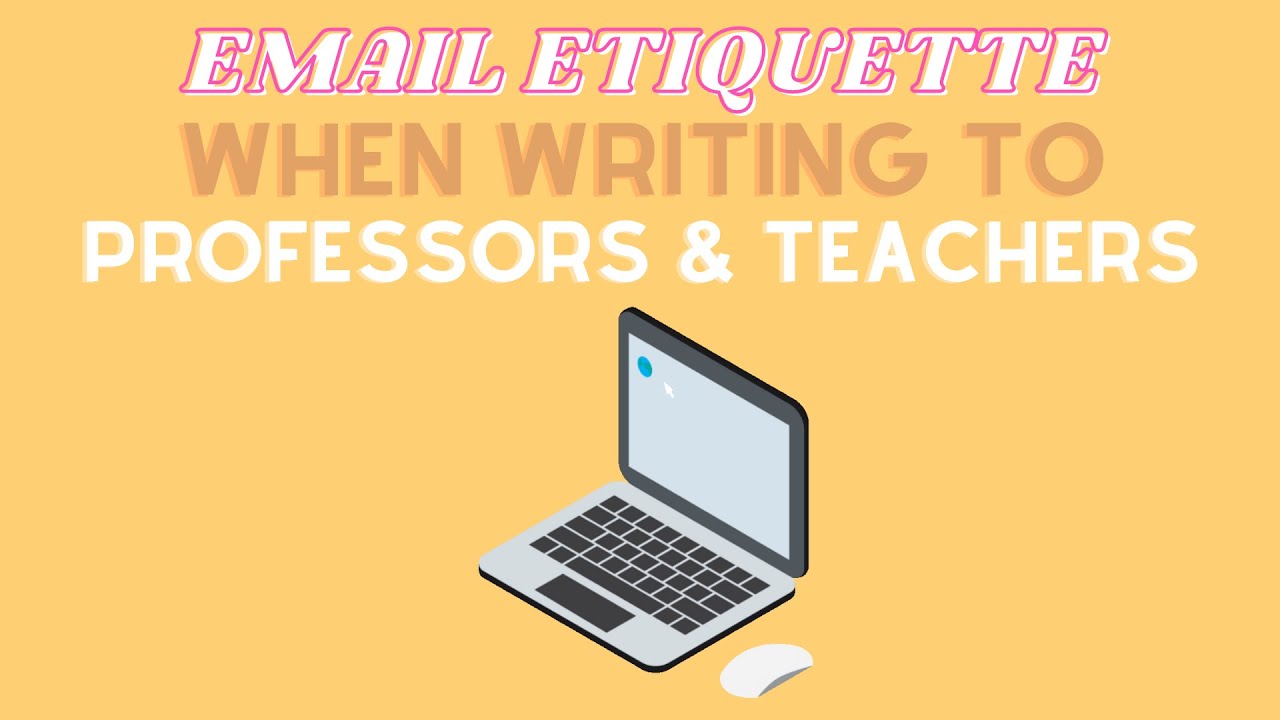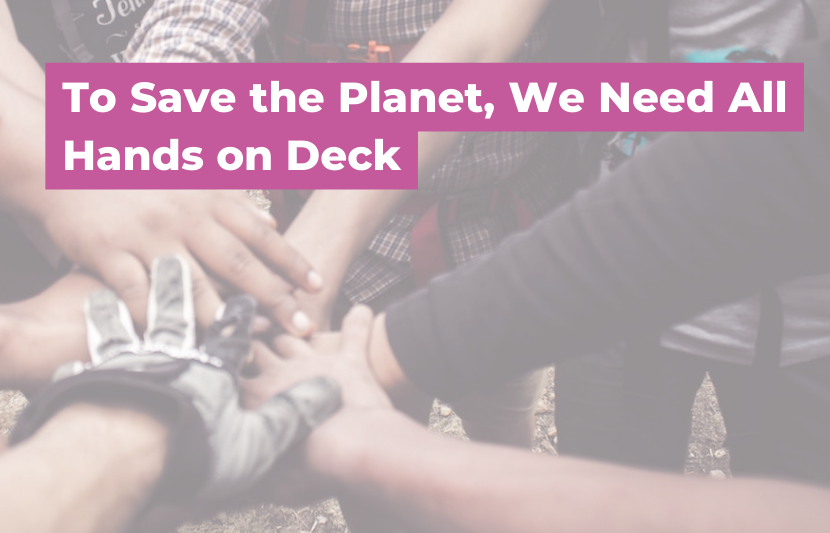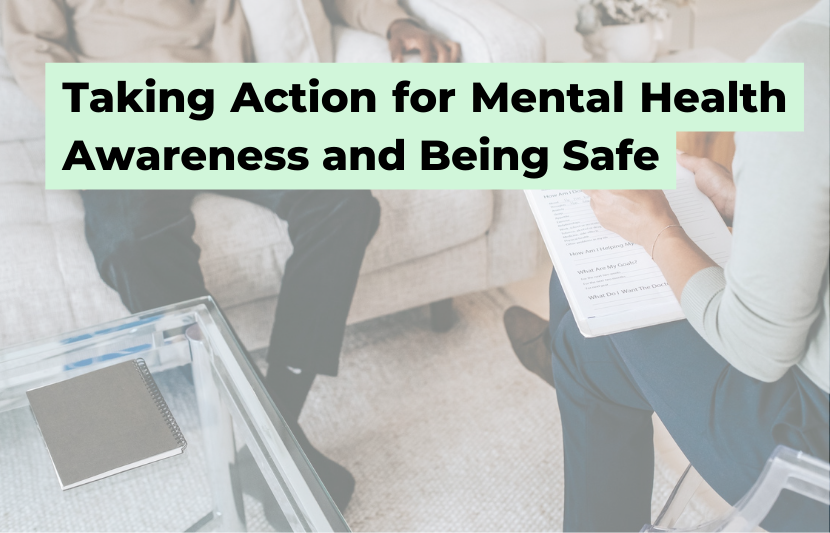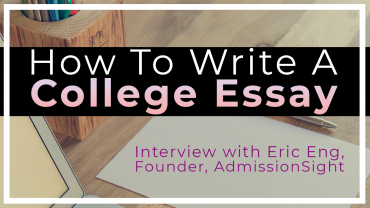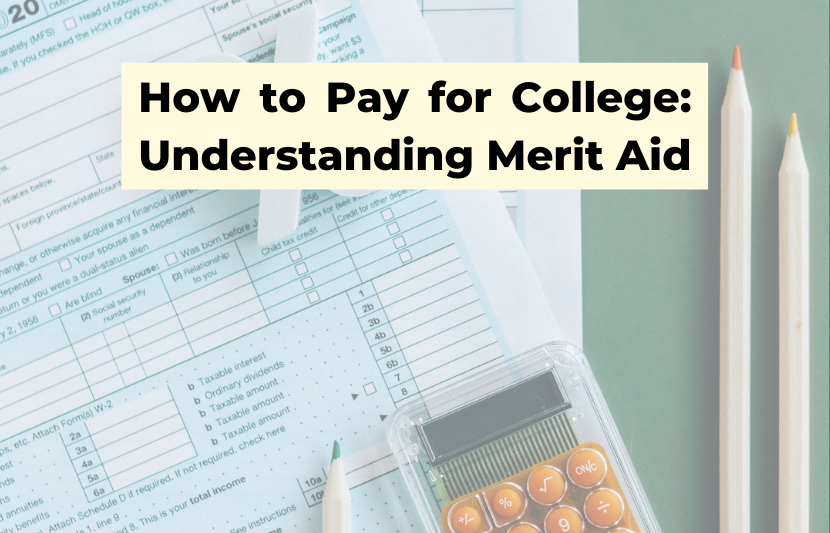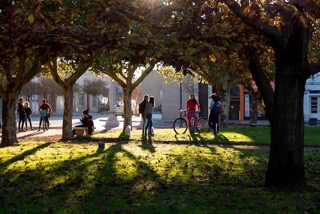In this episode of TUN TV, Dr. Crystal Rose interviews Bud Philbrook about the benefits of international travel for students.
Dr. Rose: Welcome to The University Network TV where we scan the globe to give students, their families, and educators the very best tips to student success. I’m your host today, Dr. Crystal Rose, and in this student success show, we’re exploring the topic, “From Community Service to the College of Your Dreams.”
Today, we’ll be discussing the benefits of international travel for students. If you’re a high school student and you are interested in going to college, you’ve likely heard about the increasingly selected college admissions process. With the stakes this high, it’s easy to get caught up in the hype and forget that the path to college can actually hold an incredible amount of transformative opportunities to help you become your best self.
This is what we will explore today with Global Volunteers, an international service-learning program. We’ve invited the CEO and co-founder Bud Philbrook for this series. They’ve been featured on the likes of CNN, Oprah, CNBC and, today, they are featured on TUN TV.
Welcome, Bud Philbrook.
Philbrook: Thank you, Crystal. It’s great to be with you.
Dr. Rose: As we’re looking at these opportunities to be more than just for the student, we’re also understanding that there’s a lot of benefits for a student to grow as a person through these service-learning experiences. How can a service-learning experience be helpful for a student applying to college?
Philbrook: Well, colleges today are looking for much more than just academic expertise, as important as that is. It’s so competitive, particularly at the more competitive schools, so colleges and universities are looking for students that are demonstrating themselves as a whole person, not just somebody who can learn from books. Education is so much more important than that.
Dr. Rose: What is your favorite quote that you could share with us about this?
Philbrook: Saint Augustine said, “The world is a book, those who have not traveled have only read one page.” Colleges and universities recognize that, today, travel and particularly being of service to others is vitally important in seeing the whole person. How does it help? It gives you an edge because not every student does it.
Dr. Rose: What about students who want to go to grad school? They’re already in college and they’re looking to go to grad school. How can a service-learning experience help?
Philbrook: Well, now it even becomes more competitive. Grad school is even more competitive than undergrad. And so again, you want to not just set yourself apart for the sake of setting yourself apart – it’s not just a competitive thing – but it actually enhances your ability to be a better student. It enhances your ability to see the world — what you’re studying in the book, in the lecture, in the seminar. It allows you to understand it from a different perspective. You do enough of that, you kind of get a bow that ties around the whole package of what education is about. So, it enhances not just your opportunity to get in – admitted – it also enhances your opportunity to perform, to learn more.
Dr. Rose: Absolutely. I think there’s no learning quite like immersive service learning, and I’m going to the next part. How can a service-learning opportunity help someone who is actually trying to find their career?
Philbrook: Well, that’s very interesting because we have a program called S.A.T.
Dr. Rose: As we’re speaking about careers, can you please tell us about the S.A.T program where students are teachers?
Philbrook: Students As Teachers is particularly good for high school students but also for students in their first or second year of undergrad. So, we do this in the programs where we teach conversational English. That’s a subject matter that most students, if not all students in the United States, can easily do even if they don’t know all of the grammar rules and syntax and other things. But they can teach conversational English.
Now, the value to the community – to the students on the other side of the desk, if you will – is that they need to learn English because it’s a passport out of poverty. It’s the language of opportunity. But for the volunteer students, they get to do something they otherwise never get to do — to teach in a classroom.
And many students discover, having done that, that it was a lot of fun and they go back home with the idea of, maybe, they’re going to start looking at education as a career path, which they may have never thought of before.
Dr. Rose: Opens eyes, and it provides hands-on experience.
Philbrook: Yeah. There’s nothing quite like it. I’ll just share this, I have nine years of higher education, all of which was very valuable and helpful to me. But my travel just so surpasses those nine years and those three degrees. There really is no comparison, and so anyone who gets the opportunity to travel and to be of service in the process will gain tremendously.
Dr. Rose: Thank you, Bud, for sharing just how transformative service-learning experiences can be. We appreciate you joining us for this important conversation, and we look forward to Part Three. Here’s to your success. I’m your host today, Dr. Crystal Rose. Until next time on TUN TV.
This interview has been edited for clarity.
For more exclusive interviews with experts who share their insight to help students succeed, check TUN TV!
Related:

